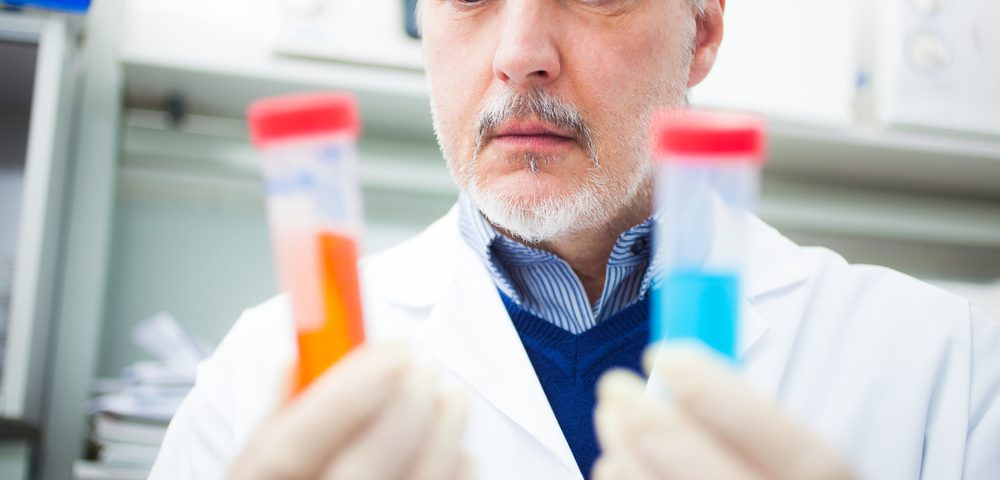Biologics are not effective in treating every patient with psoriasis, according to a study by Swedish scientists that found nearly one in five patients with persisting moderate-to-severe psoriasis despite ongoing systemic treatment with biologics.
“There is a need for improved access to effective biologics as well as development of new drugs in the field of psoriasis,” concluded the authors of the study, “Real-world outcomes in 2,646 psoriasis patients: One in five has PASI ≥ 10 and/or DLQI ≥ 10 under ongoing systemic therapy,” published in the Journal of Dermatological Treatment.
Biologics are substances made from living organisms or their products. Unlike drugs that are chemically synthesized, most biologics are complex mixtures that are difficult to characterize.
They were first introduced to treat skin conditions around a decade ago, in the form of TNF alpha inhibitors. These block the effect of TNF alpha, a substance that naturally occurs in the body and is part of the inflammatory response.
At the time, biologics were described as much more effective than standard care, the researchers noted, and this was extensively communicated. But results of this study suggest that a “non-negligible proportion of psoriasis patients” taking biologics to treat their condition continue to have high-disease severity and poor health-related quality of life.
The study included 2,646 patients from the Swedish Registry for Systemic Treatment of Psoriasis. The researchers analyzed the Average Psoriasis Area and Severity Index (PASI), the Dermatology Life Quality Index (DLQI), and the EQ-5D health outcome of all patients.
Persisting moderate-to-severe psoriasis was defined as a PASI and/or a DLQI score of 10 or above after more than 12 weeks of treatment.
Overall, patients’ mean scores for PASI, DLQI, and EQ-5D were 4.12, 4.11, and 0.79, respectively. But a total of 472 patients (18% of the total) had persistent moderate-to-severe psoriasis, or scores of 10 or higher in either or both of the first two measures after at least three months of systemic treatment.
These patients were younger, had a higher BMI, had psoriasis arthritis, and were smokers to a larger extent than patients with a lesser severity of psoriasis.
The researchers concluded that the considerably lower overall quality of life in these patients demonstrates an unmet need in treating psoriasis patients, and that continued research is needed to develop better and more effective treatments, including biologics.

